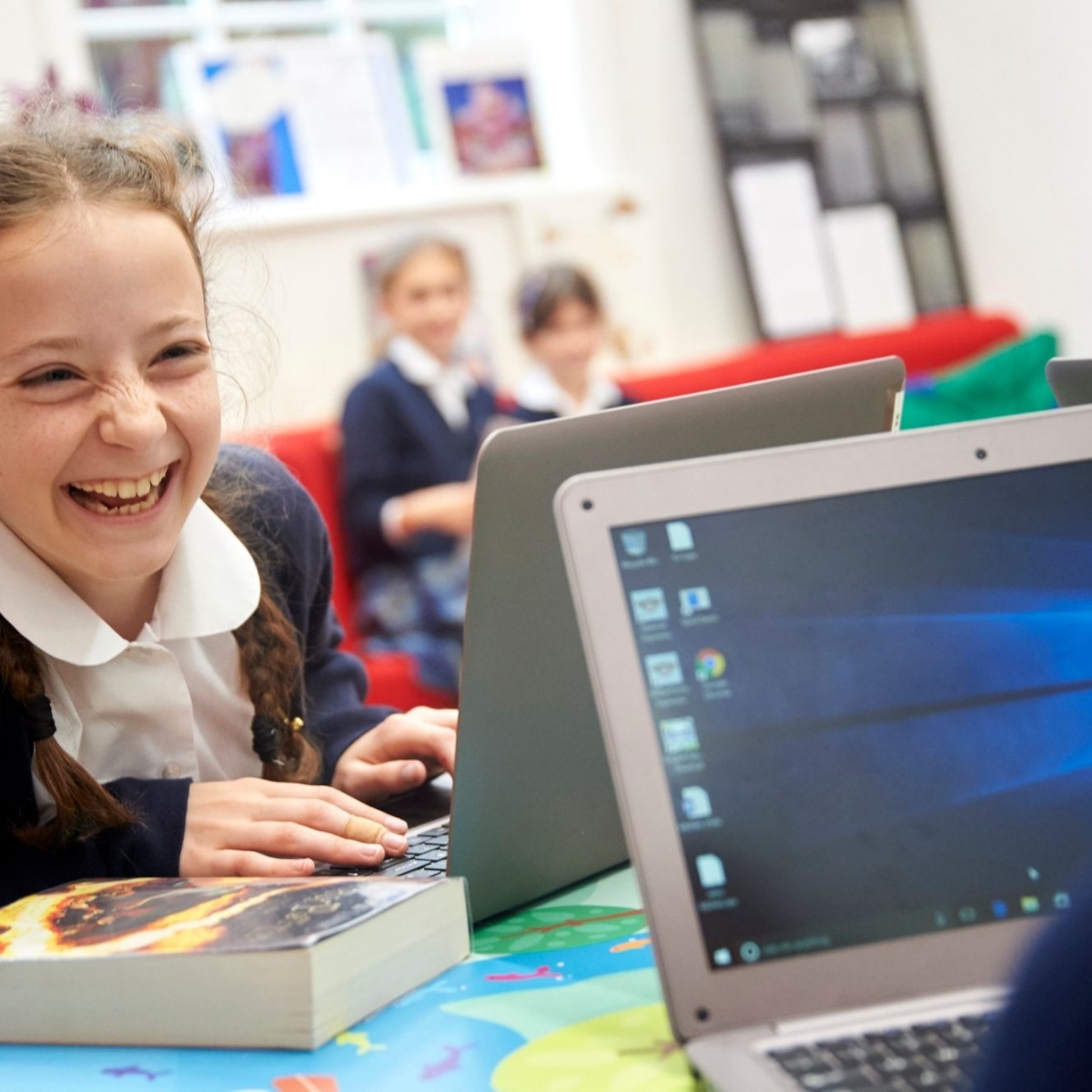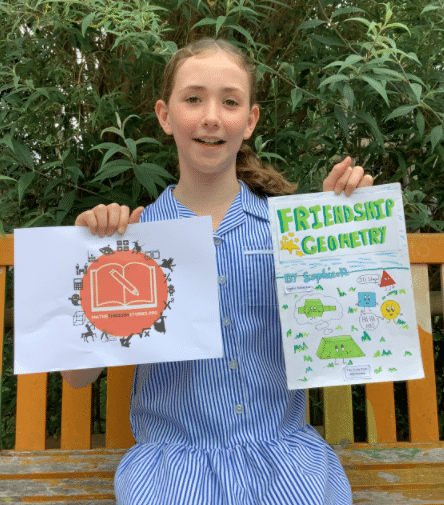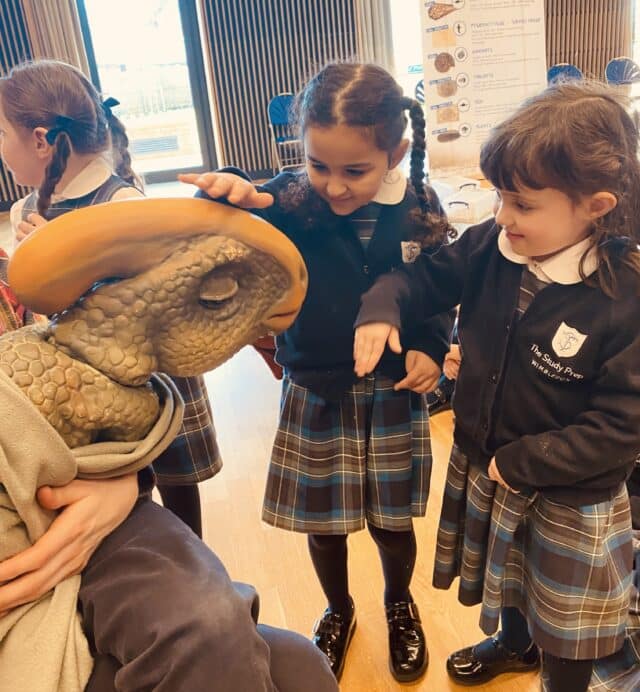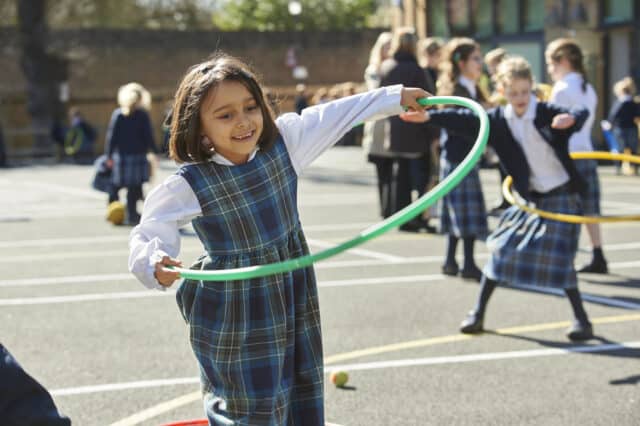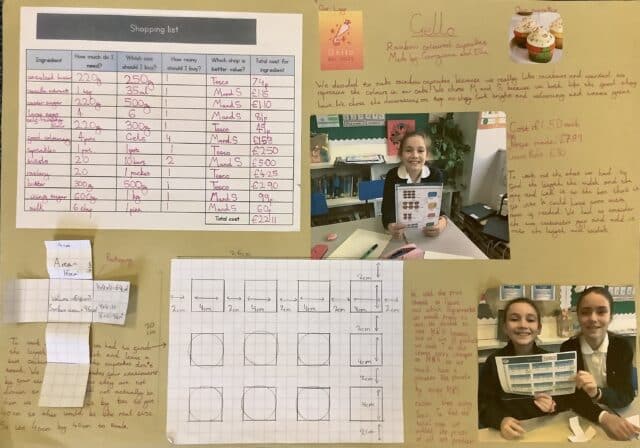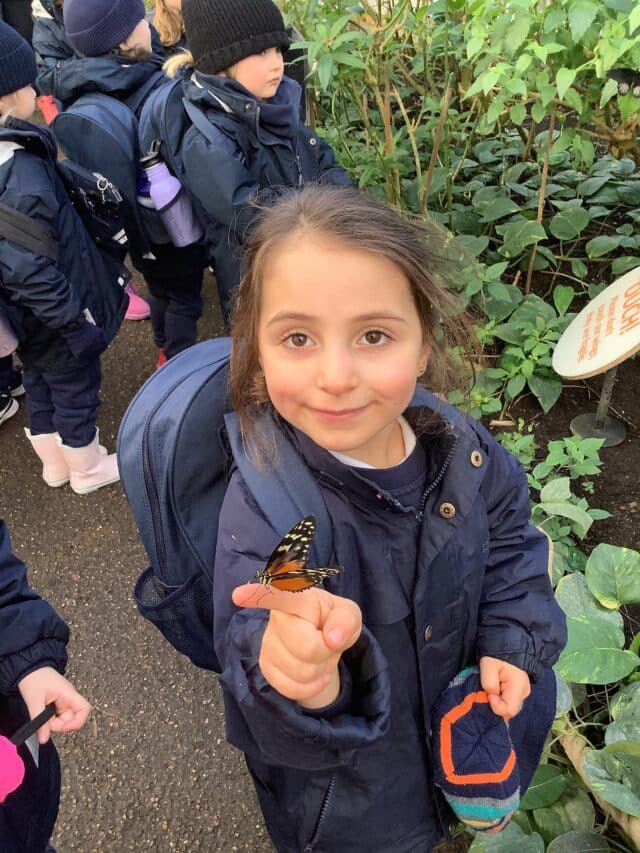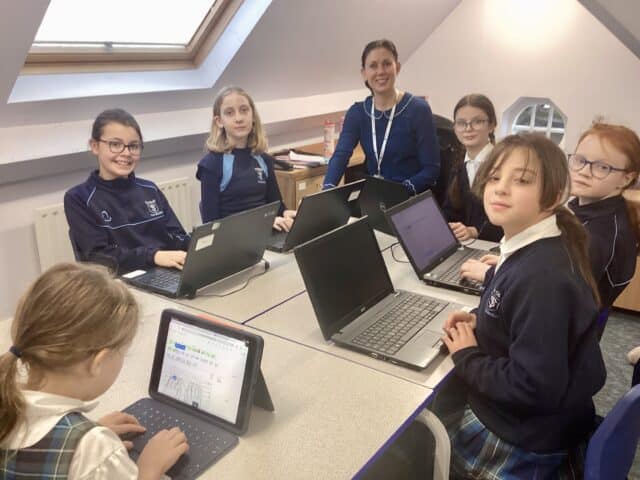While we continue to learn remotely, there has been an inevitable increase in the amount of time children (and adults) are spending online, so we will be watching videos by Childnet during form time and PSHE sessions and giving children the opportunity to discuss any worries or concerns they may have.
The films provide tips on how to find information we can trust online, finding reliability in an online world. In addition, we will be running some ‘fact or fake’ activities in computing lessons throughout the week.
Girls in year 4 have been learning about the SMART rules, making some excellent posters and presentations, including this fantastic toothbrush themed one by Scarlett.

Safe: Keep safe by being careful not to give out personal information when you're chatting or posting online. Personal information includes your email address, phone number and password.
Meet: Meeting someone you have only been in touch with online can be dangerous. Only do so with your parents' or carers' permission and even then only when they can be present. Remember online friends are still strangers even if you have been talking to them for a long time.
Accepting: Accepting emails, messages, or opening files, images or texts from people you don't know or trust can lead to problems — they may contain viruses or nasty messages!
Reliable: Someone online might lie about who they are and information on the internet may not be true. Always check information by
Tell: Tell a parent, carer or a trusted adult if someone, or something, makes you feel uncomfortable or worried, or if you or someone you know is being bullied online.
